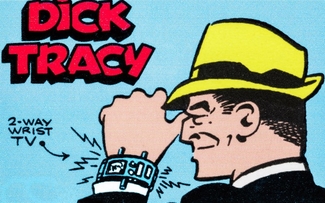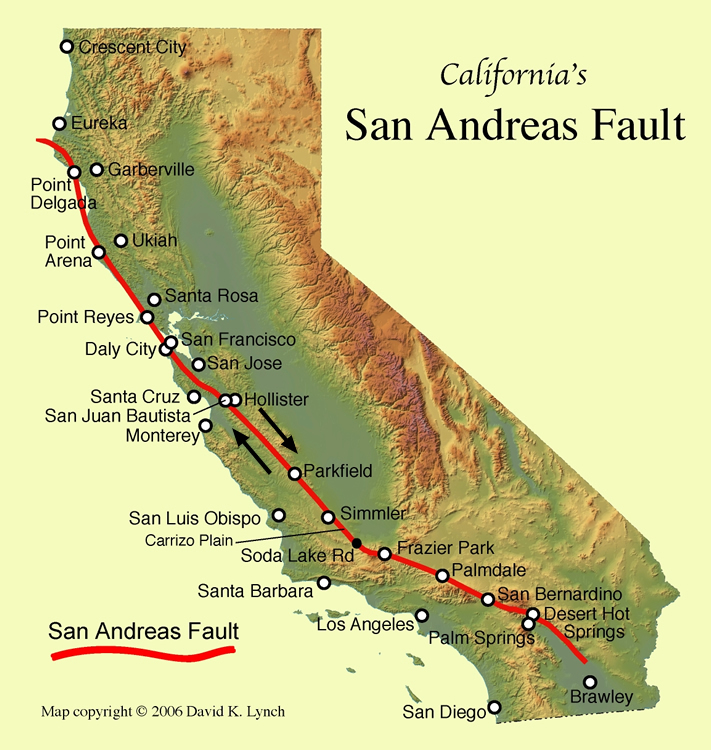Whether Donald Trump wins or loses, I'm leading with that titular sentence whenever someone wants to discuss the election.
I live in one of the coastal counties of deep blue California, where people think it's acceptable to declare, without being asked, the unacceptability of the Republican nominee. Just this week I listened to two such declarations from people I must deal with on a regular basis.
Knowing that it's more important to be
against the disgusting, evil, racist, sexist Republican than it was to be
for the Democrat, I didn't vote for him (or her for that matter) so that I wouldn't be lying to anyone about my vote.
No, I'm not going as far as Dilbert cartoonist
Scott Adams did in June [bold added]:
So I’ve decided to endorse Hillary Clinton for President, for my personal safety. Trump supporters don’t have any bad feelings about patriotic Americans such as myself, so I’ll be safe from that crowd. But Clinton supporters have convinced me – and here I am being 100% serious – that my safety is at risk if I am seen as supportive of Trump. So I’m taking the safe way out and endorsing Hillary Clinton for president.
As I have often said, I have no psychic powers and I don’t know which candidate would be the best president. But I do know which outcome is most likely to get me killed by my fellow citizens. So for safety reason, I’m on team Clinton.
(Scott Adams subsequently changed his endorsement twice, by the way. You'll have to search
his blog, dear reader, for more details because I would not want to be responsible if anything happened to him.)
A nanosecond after the polls closed, California was placed in the Clinton column. My vote didn't matter in the Presidential race at all, but it will be very useful during the next four years because I won't have to defend any of President Trump's actions to an outraged person.
What if California became a swing state and I was forced to pick one or the other? As the politicians say, I don't answer hypothetical questions.

































